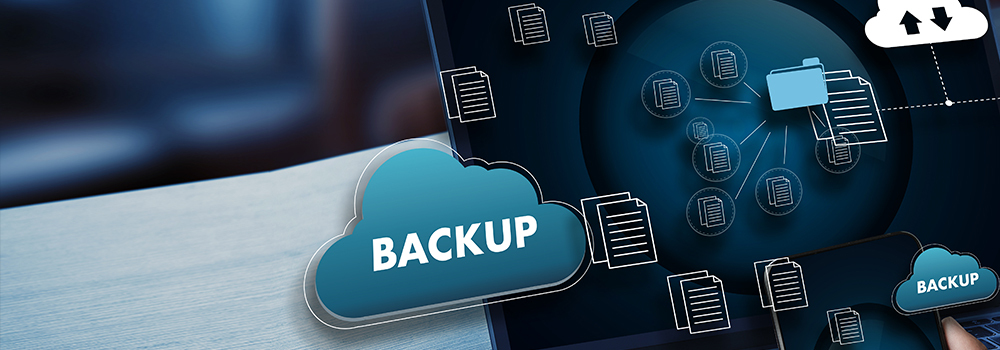
Strategic IT planning for your business
One thing that the best MSP can do is become a strategic partner. Your expertise is your industry, business, or profession. Trends and innovations in technology aren't your focus. However, your business can benefit from some long-term strategic planning in terms of the technology you will deploy to remain competitive. New technology will offer new opportunities. An MSP who has experience in your industry can become a partner. After taking the time to learn your business, your goals, and the competitive field in which you operate, an MSP can take a seat at the table of your business planning. At the highest level, this is where a skilled MSP becomes a significant asset as your business grows and faces new market challenges.Additionally, An MSP can help with other parts of your IT infrastructure to protect your data as well as facilitate more effective collaboration internally as well as with clients. Here are three examples.

Backup and recovery
Another area related to data security is the process of securing your data in the event of theft, a hardware or software issue, or even a natural disaster that cuts access to your data’s physical location. Backing up your data needs to involve a lot more than running nightly backup to an external drive. That may be ok for your home laptop, but it doesn’t cut it if you want to protect your business data. An MSP can support continual data backup to offsite locations. This means at any point there is a system failure or breach, all of your data remains secure at one or more distant locations. Backup also includes recovery. Having your data safely stored in the event of a disaster isn't enough. Your business will need continuing access to that data. An MSP can develop recovery plans that work to ensure your operations see minimal disruption in the event of a failure. Also, clean backups are critical for avoiding the consequences of a ransomware attack. Poorly handled back procedures can leave your data vulnerable,

Comments
Post a Comment